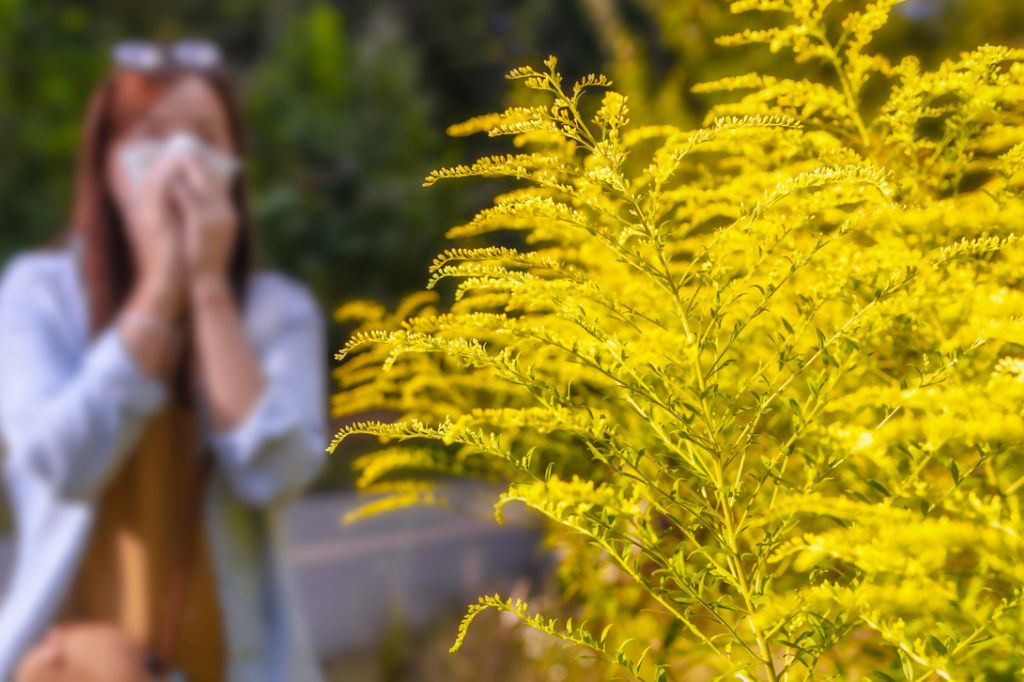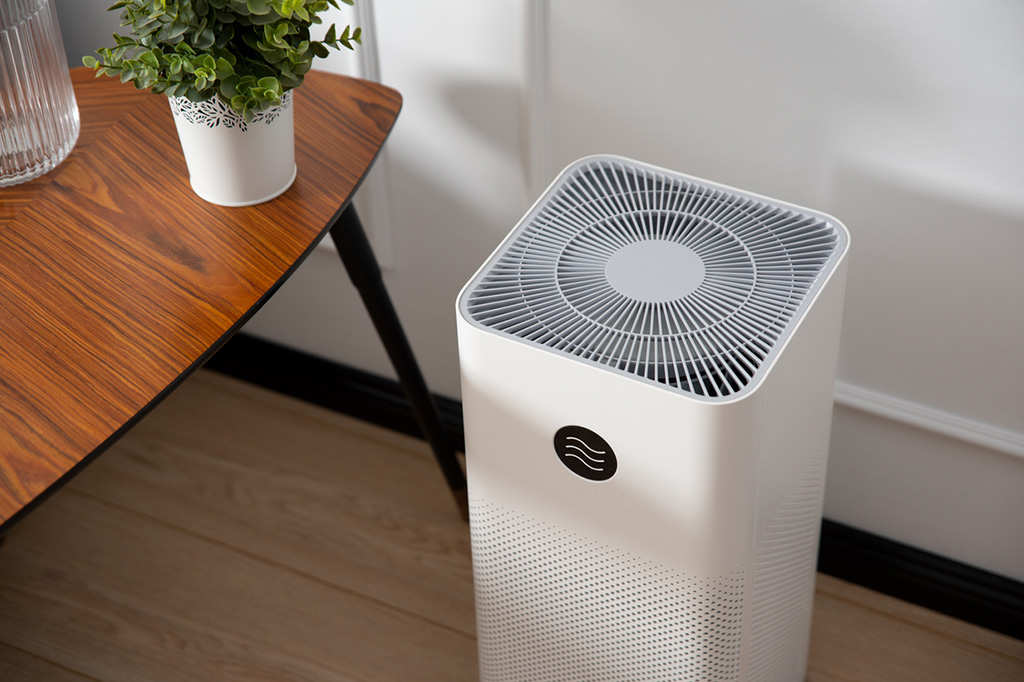
Ragweed Allergy Symptoms and Treatment Options
Ragweed allergy symptoms can turn the beautiful days of spring into a nightmare. As this notorious allergen releases its pollen into the air, it triggers reactions in sensitive individuals. Understanding ragweed allergy symptoms and exploring effective treatment options is crucial for managing ragweed allergies and reclaiming comfort during the spring allergy season.
Identifying the Culprit
Ragweed is a major trigger for hay fever during peak allergy season. Its pollen grains can travel long distances through the air, affecting people in urban and rural areas alike. Ragweed plants grow in clusters, reaching several feet in height. Their stems are hairy with a reddish tint. Ragweed flowers are inconspicuous yet produce abundant pollen, appearing as small, greenish-yellow clusters at the plant’s top.
Ragweed Allergy Symptoms
Experiencing ragweed allergy symptoms can significantly impact your daily life, especially during the high pollen season. These symptoms are the body’s reaction to the pollen grains released into the air by ragweed plants. Below is a list of common ragweed allergy symptoms:
- Sneezing
- Runny or stuffy nose
- Itchy throat and ears
- Hives
- Itchy eyes
- Coughing
- Fatigue
Understanding Treatment Options
Various treatment options are available, depending on the severity of your allergy symptoms. If you suspect you have a ragweed allergy, seeking medical advice from an allergist at Northeast Allergy is recommended. Some common treatment options for ragweed allergies include:
Medications
Over-the-counter and prescription medications offer effective relief for ragweed allergy symptoms. Antihistamines work by blocking histamine and symptoms. Nasal corticosteroids target nasal inflammation, alleviating congestion. Additionally, decongestants provide temporary relief by reducing nasal congestion.
Immunotherapy
Allergen immunotherapy involves regular injections of increasing amounts of ragweed allergen extracts. Over time, this desensitizes the immune system to ragweed pollen, reducing allergic reactions and symptoms. For individuals who want to avoid shots, sublingual immunotherapy is another option, in which treatment is dissolved under the tongue.
Environmental Control
Implementing environmental control measures can significantly reduce exposure to ragweed pollen. Monitoring pollen counts allows individuals to plan outdoor activities strategically, avoiding peak pollen times during late summer and early fall. Installing high-efficiency particulate air (HEPA) filters in HVAC systems effectively removes pollen and other airborne allergens from indoor air.
Tackle Your Ragweed Allergies With Northeast Allergy
Don’t let ragweed allergy symptoms control your life any longer. At Northeast Allergy, Asthma & Immunology, our team of experts is ready to help you find the relief you need. Book your appointment today and start your journey toward a more comfortable and enjoyable spring season.



